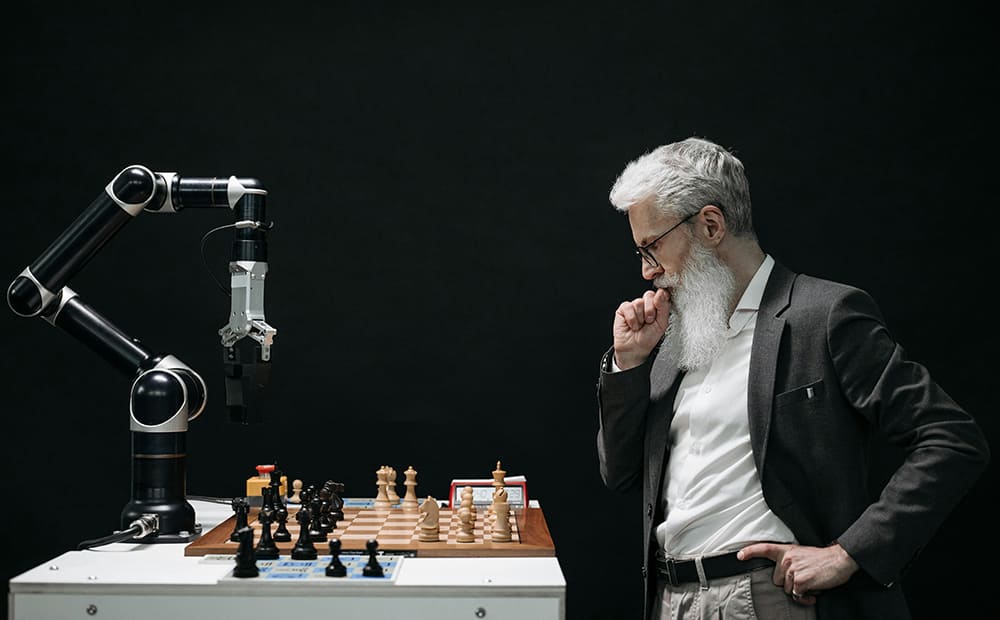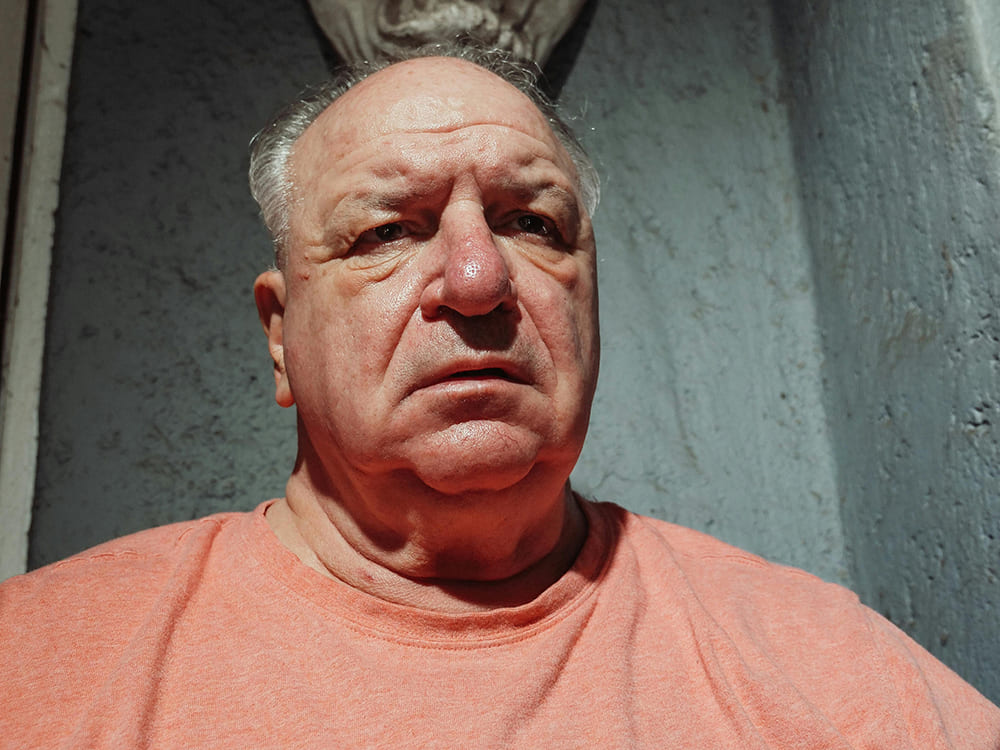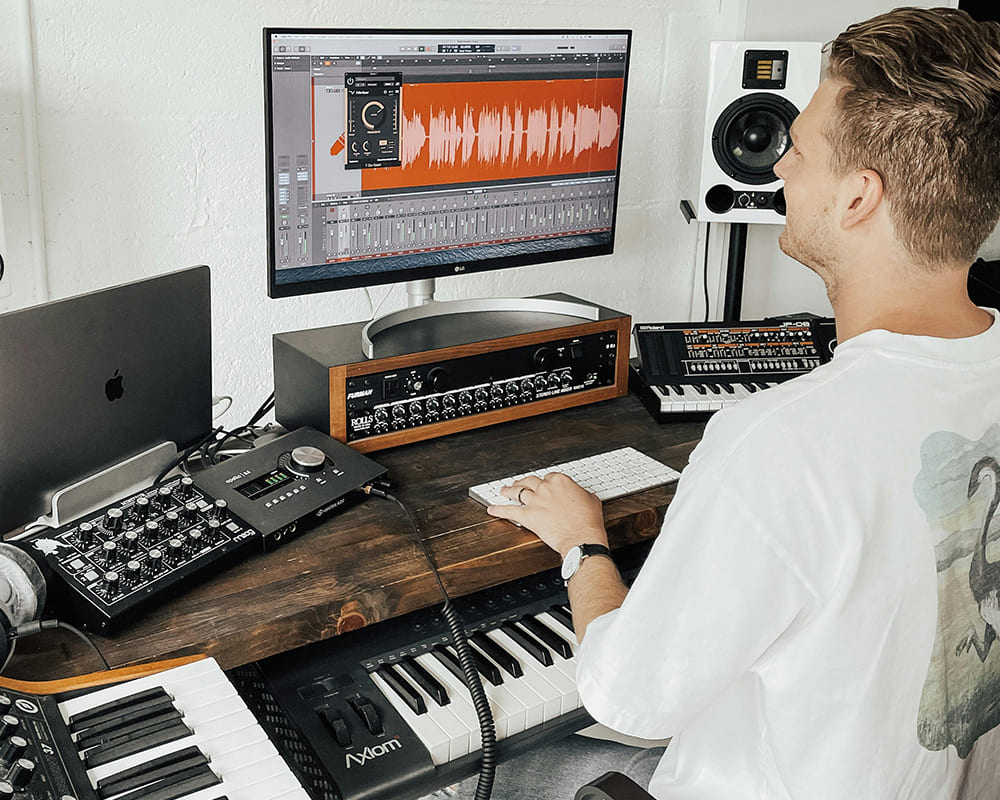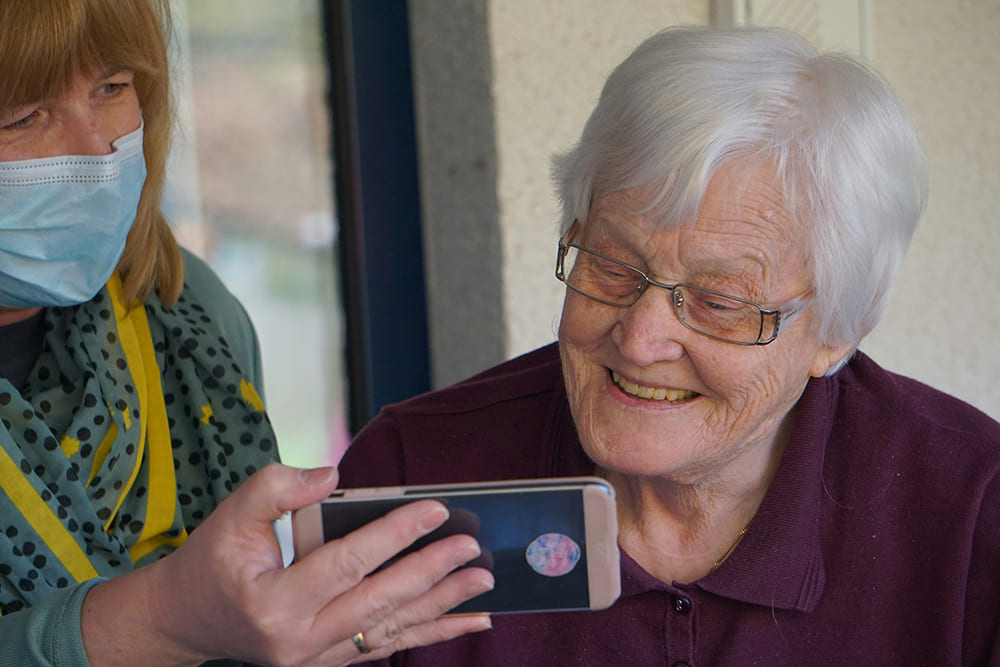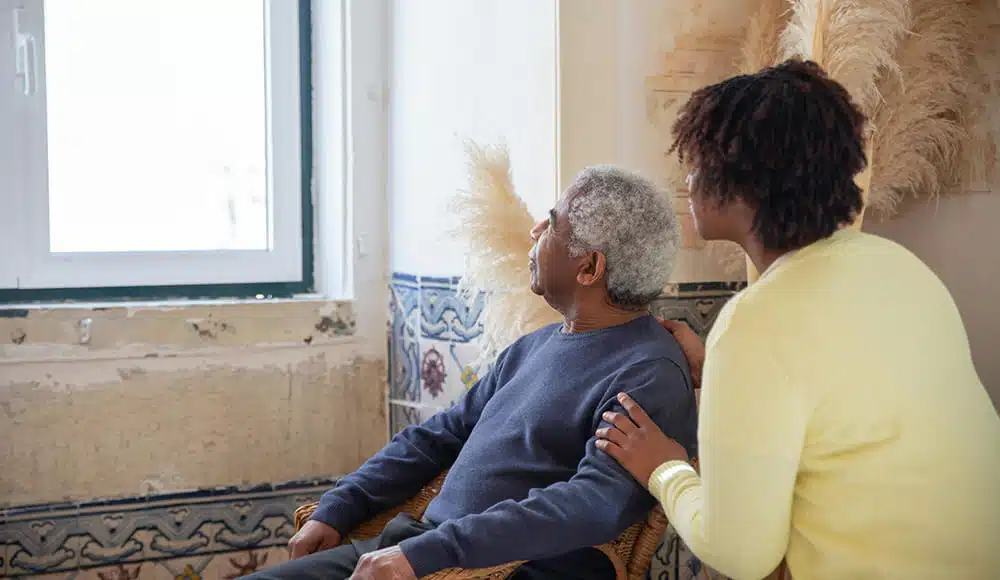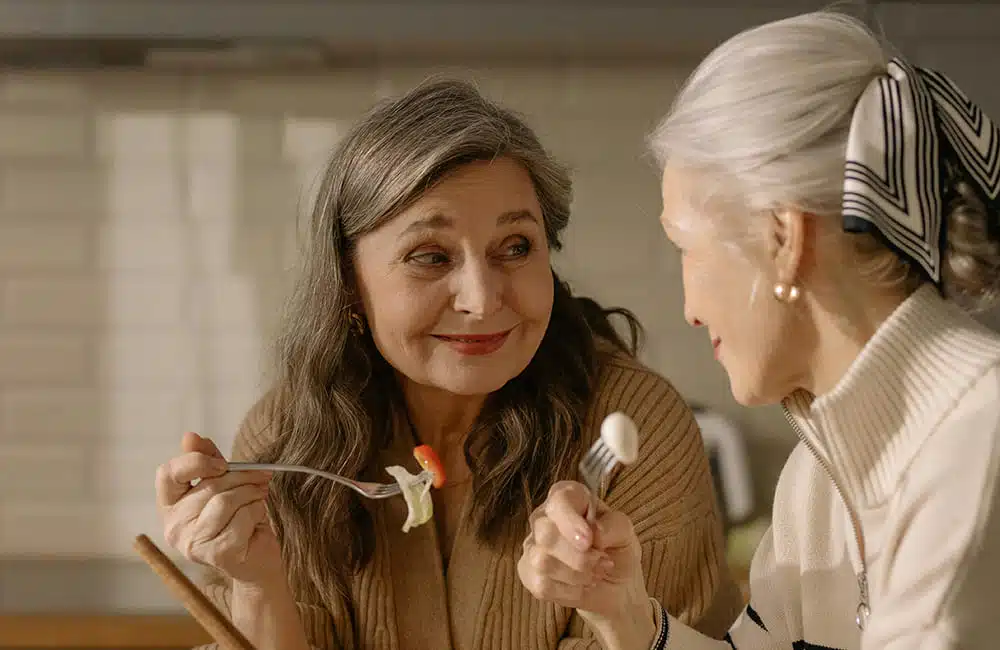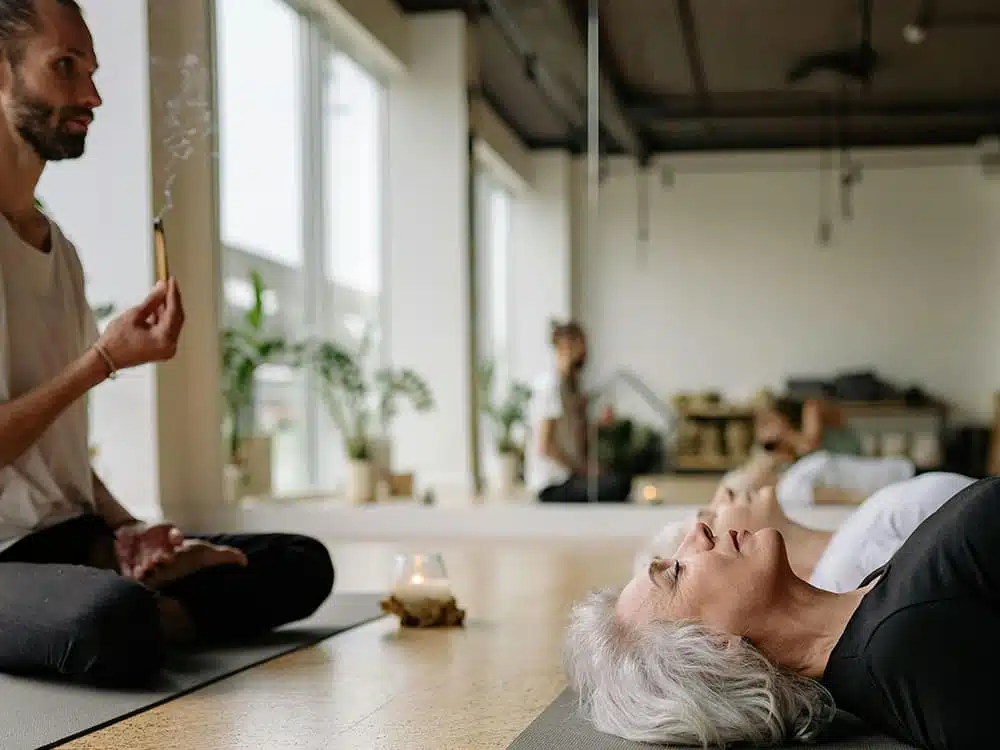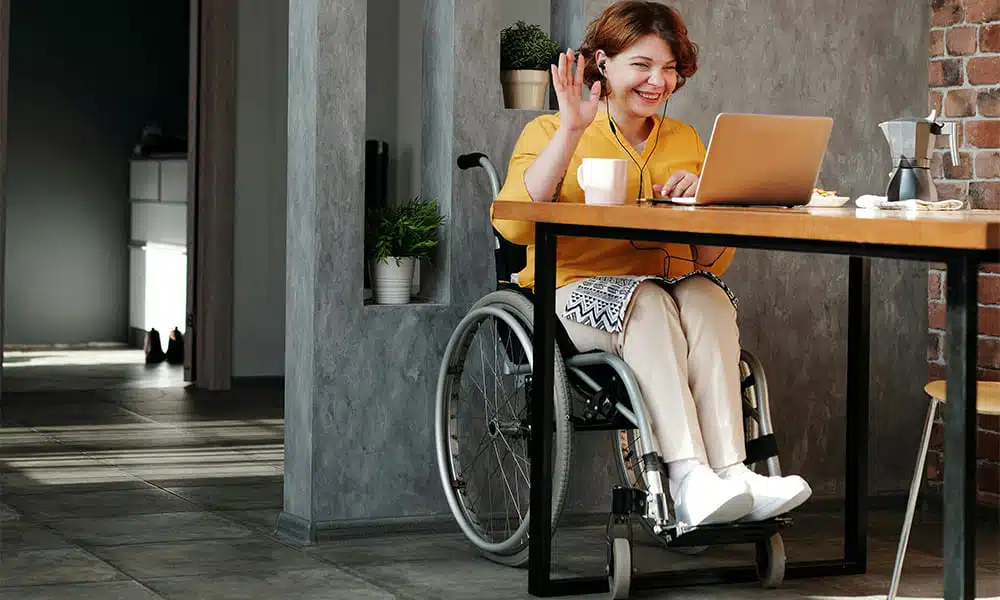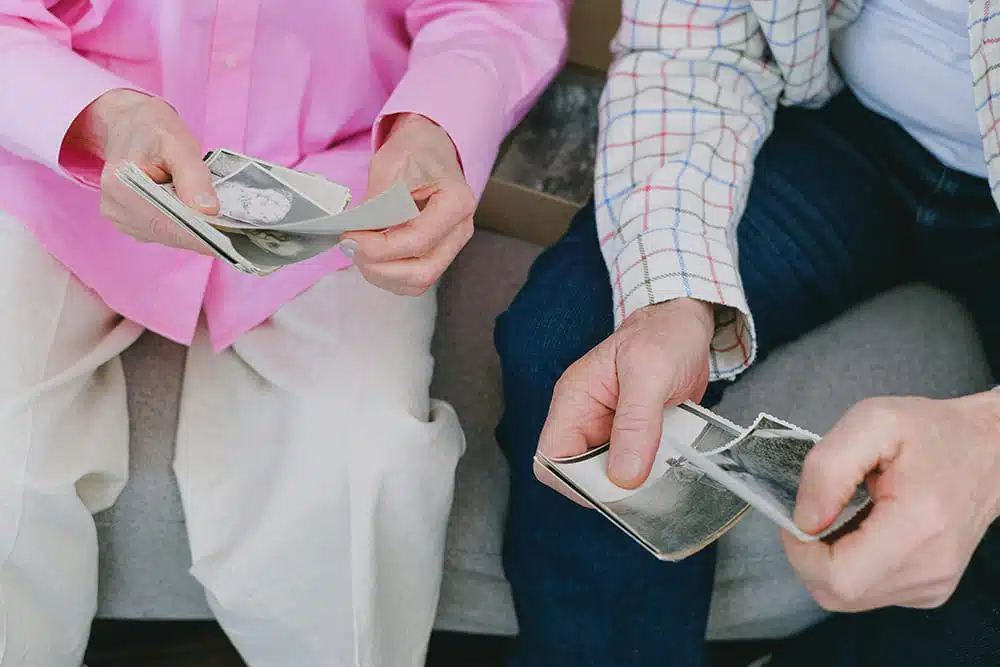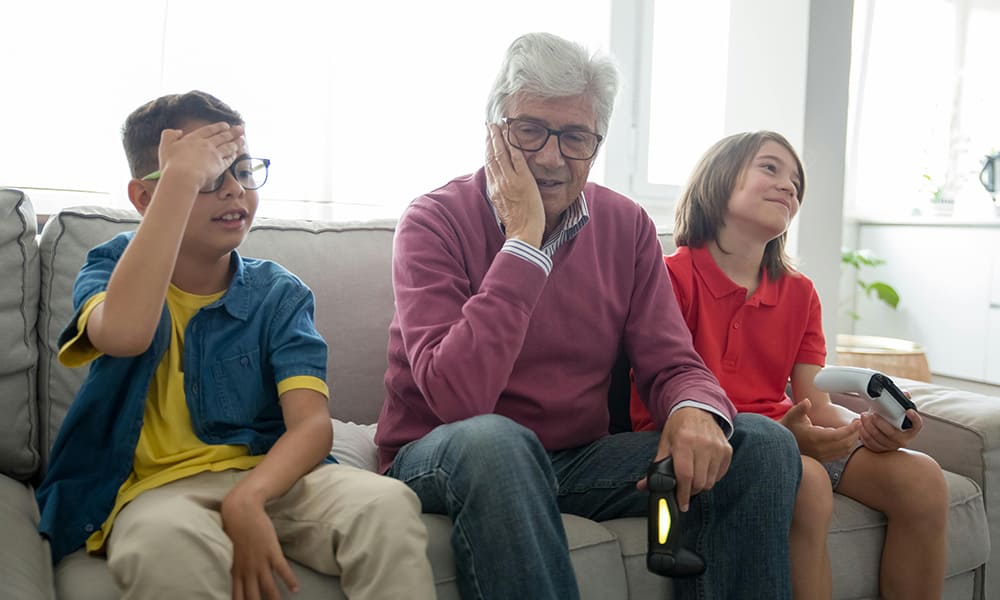
Christopher Ravn
Key Takeaways
1. Memory games can provide cognitive stimulation and improve memory, attention, and problem-solving skills in individuals with dementia.
2. Choose games that are tailored to the patient's abilities and interests, ensuring they are engaging and enjoyable.
3. Regularly incorporate memory games into daily routines to maximize their benefits and support overall cognitive health.
Table of Contents
1. Memory Games For Dementia Patients
2. Other Fun Brain Games That Exercise The Minds Of Dementia Patients
3. Benefits Of Memory Games For People With Dementia
4. Can Memory Games Actually Improve Memory?
5. How To Select Appropriate Memory Games For Dementia Patients
6. How Effective Are Brain Games In Improving Memory For Dementia Patients?
7. What Are The Best Memory Games For Alzheimer's Patients?
8. Are There Brain Games That Help Prevent Dementia?
9. Frequently Asked Questions About Memory Games For Dementia
Memory Games For Dementia Patients
- Memory tray: This is a tray where keys, coins, a watch, and a spoon are placed, and patients are asked to observe these items. The tray is then covered and the patient is required to remember as many items as possible and the difficulty level can be increased or decreased depending on the stage of dementia.
- Musical bingo is a game that can be used to train dementia patients to recall certain items or objects. The traditional bongo game is played but when the music stops, patients are needed to call out certain themes, such as food, places, etc. Once they can match out the picture or word, they should shout out, “Bingo!”
- Matching pairs is a classic game where you turn over a card to find out its matching pair. This helps with concentration and memory.
- Word association, where a person will call out a word, like “pear,” and the second player should relate it to “fruit” or “green,” which helps with thinking and verbal skills.
- Memory Lane is another game where you could use old images or objects to bring up memories. Show patients the items and ask them to share their thoughts or memories on them. This helps with long-term memory and emotional well-being.
- Recall stories where the patient is required to recall as many details in their stories as possible.
Fun Memory Games For Seniors
- Classic bingo, where the game helps with cognitive issues and the rules are straightforward.
- By doing crossword puzzles, seniors can be in a therapeutic and calming state. This is more so when done with family or friends and promotes a sense of bond and relaxation.
- Jigsaw puzzles help seniors with spatial awareness, cognitive skills, and problem-solving.
- Autumn leaves help senior patients to do math and remember items when they are outside. This provides them with a sense of freedom and also allows them to focus on the colors and shapes of items when they are outside. It encourages mental agility, engagement, and being active.
- You could also try mental exercises for mild cognitive impairment.
Jigsaw Puzzles And Other Puzzles
- The ability to adapt and change is important when learning new skills. May help to prevent memory loss, dementia, and anxiety.
- Challenge logic and analytical thinking, which focus on the left side of the brain.
- Engage the right side of the brain, which focuses on imagination and creativity.
- Improve memory, attention, and processing speed.
- Boosts spatial skills and enhances the ability to perceive space.
Other Fun Brain Games That Exercise The Minds Of Dementia Patients
- Classic rummy, which helps with memory, concentration, and decision-making.
- Go Fish helps with memory and math skills.
- Old Maid, which helps with observation and card matching.
- Matching pairs helps with memory and concentration.
- Matching shapes helps with problem-solving and spatial reasoning.
- Patients with mild dementia can play more complex games. Determine their interests and hobbies. The game should be challenging to stimulate their mind but shouldn’t be too challenging, which can frustrate them.
- Some games may require the use of motor skills and good vision and therefore you will need to choose appropriate games.
- The goal is to ensure that the game is stimulating and enjoyable and improves overall cognition and quality of life.
Benefits Of Memory Games For People With Dementia
- Assists in stimulating cognitive function as it engages various parts of the brain to boost problem-solving, perception, and attention.
- Helps to improve recall by focusing on familiar topics, using visual aids, and encouraging repetition.
- Boosts concentration by providing activities that are engaging and exciting, requiring patients to work on specific tasks or patterns, and boosting their confidence.
Scientific Evidence And Studies
It is important to understand the efficacy of memory games and there has been some scientific evidence and studies that have suggested that memory games are a non-invasive method that assists with memory and slows down the rate of cognitive decline. Some studies have stated that electronic games may improve verbal, nonverbal, and memory in older adults. This may also be seen in some cognitive mobile games, cognitive rehabilitation exercises, brain training, and video games. (Fissler, et al., 2015; Abd-alrazaq et al., 2022)
However, these studies are said to have limitations due to the sample size, training periods, and limited diversity. While evidence is still low when it comes to the overall heterogeneity. Though some results indicate positive results, it is still not understood the effects of this in the long run.
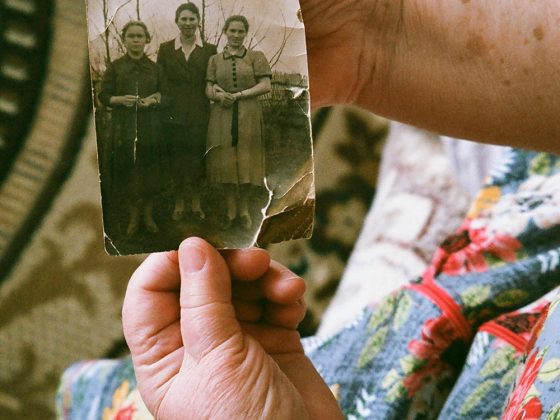
Practical Benefits
It is generally believed that with regular engagement, seniors can boost their moods and memory and increase dopamine and serotonin. This helps to reduce signs of depression and anxiety while providing a more emotional state.
Memory games may assist with enhancing social connection and increase communal association, support emotional well-being, and stimulate problem-solving and discussion. It may also help to reduce feelings of loneliness and isolation. An example is that there have been some cases where seniors experienced improvements in their mood, better sleep quality, and quality of life. Overall, seniors must participate in memory games often to boost their mood and social interactions with others.
We Believe Prioritizing Brain Health Enhances Your Quality Of Life
Get to know our team, our mission and how our EVY LIGHT® can provide you and your loved ones with a fuller life, letting you breathe a little easier.
Can Memory Games Actually Improve Memory?
- Word and number games may help the brain to function better and longer.
- Playing computer games, crafting, and being part of social activities may lower the risk of memory loss.
- Brain games may improve cognition.
- Brain games may assist in enhancing cognitive function.
- Physical and cognitive games may have a positive impact on memory loss.
How To Select Appropriate Memory Games For Dementia Patients
- Determine the patient’s stage of dementia and gauge games that may boost cognition, memory, and problem-solving skills. For those in mid-stages, it would be better to try repetitive games, whereas late stages would be better with activities that stimulate the senses.
- Patients who have issues with mobility and balance may try seated games that require minimal exertion. As for patients who require visual and hearing impairment, it is best to use audio or visual games.
- Tailor the games to suit the patient’s hobbies or interests and introduce art, sports, and even music into the equation.
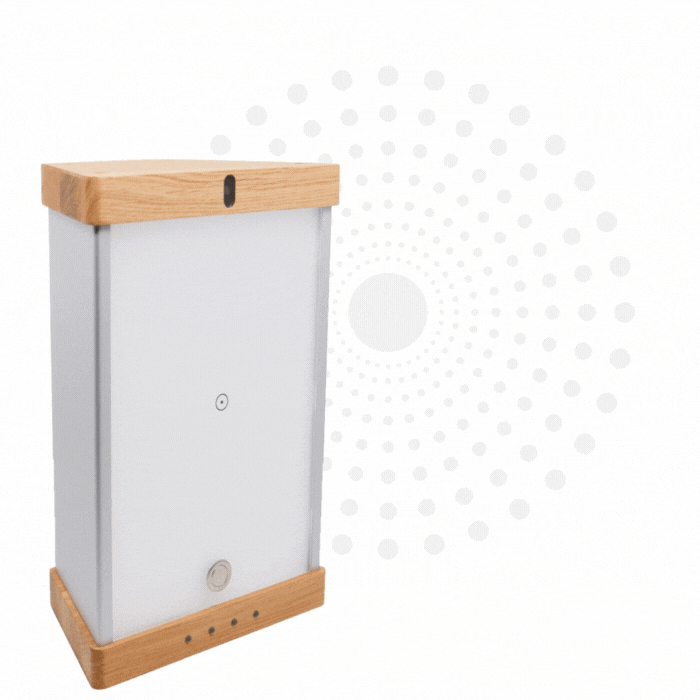
Enhance your brain performance through the power of light.
Comfortable and easy to use 40Hz light therapy to support and improve your brain function.
View Our LightHow Effective Are Brain Games In Improving Memory For Dementia Patients?
- Memory card games are believed to improve concentration and short-term memory.
- Some digital games may improve memory, attention, and problem-solving. However, some studies have questioned its effectiveness as well.
What Are The Best Memory Games For Alzheimer's Patients?
- Memory ball, which is a physical activity compounded with memory exercise. It is believed to boost cognition and coordination.
- The Memory Challenge Dementia Game is a game designed to boost memory, attention, and problem-solving.
- Introducing familiar games to the patient. This could be card, board, or even physical games.
- Gradually start with a simple game and then enhance its complexity as their ability improves.
- Determine the patients’ strengths and encourage them to interact with other patients as well.
- Be sure to provide emotional support throughout the game.
- With every game, ensure that it is enjoyable and engaging.
Are There Brain Games That Help Prevent Dementia?
It is still unclear whether brain games may help prevent dementia. There is research that points to brain games and cognitive stimulating activities that may delay or slow down the progression of dementia. A study found that those who worked on crossword puzzles had a delayed onset of memory decline.
Types of preventive games range from crosswords, jigsaw puzzles, card games like bridge and rummy, board games like chess and scrabble, certain video games, and brain training games using Recall and Nintendo Wii.
Learn What Others Have Experienced with EVY Light
See how others have achieved a sharper mind by activating their gamma brainwaves in combination with maintaining a healthy lifestyle.
Frequently Asked Questions About Memory Games For Dementia
What Are The Top Memory Games For Dementia Patients?
- Memory ball, which is a physical activity compounded with memory exercise. It is believed to boost cognition and coordination.
- The Memory Challenge Dementia Game is a game designed to boost memory, attention, and problem-solving.
Can Memory Games Help With Dementia?
- Memory card games are believed to improve concentration and short-term memory.
- Some digital games may improve memory, attention, and problem-solving. However, some studies have questioned its effectiveness as well.






